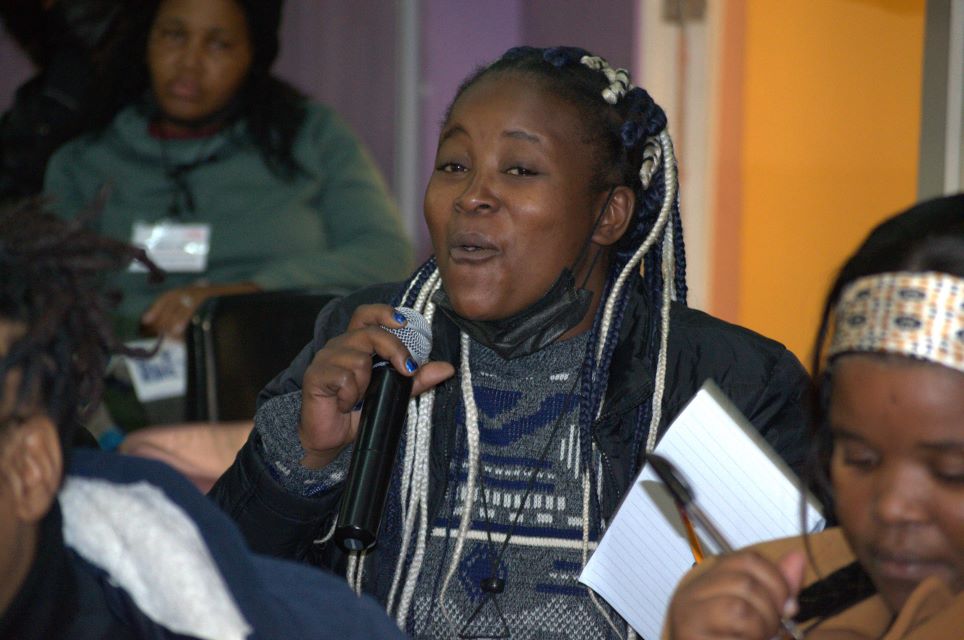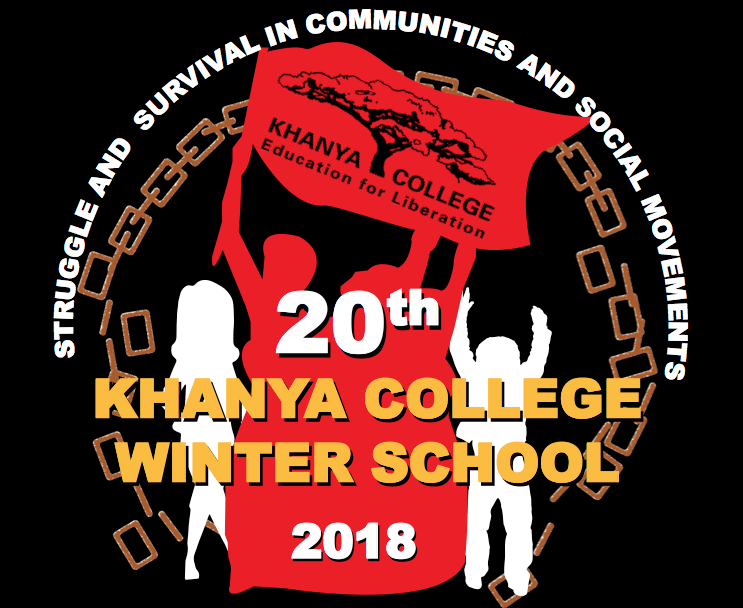The simulation session was a true reminder of real issues and problems facing the working class. This session was about the real events that are happening in South Africa currently, highlighting government maladministration. The quick reaction from the working class and the possible outcome of the newly formed government of national unity.
The simulation started well with participants looking forward to the session, participants were divided into groups where some were sellers and shop owners, while others were community leaders with their agenda.
Others still were government workers giving poor service to the working class, importantly there was a president who occasionally addressed the nation about new developments including a monthly R350 SRD grant. He would be joined by members of his cabinet.
The people were promised that they would benefit as the Blacks (Africans, ‘Coloured’ and Indians) by the new government elected then, the ANC. ANC leaders lost touch with the people and the vision for the country to such an extent that it made South Africans angry seeing their leaders spending money at social spots or outlets across the country. Some of these people are known as ‘blessers’, the word used to call them because of the money they have which in reality is the people’s tax money.
Some people who benefit from this money from the blessers support the lifestyle which is killing our youth. There were groups cast as the different parties that were active in the lead-up to the 2024 election. The simulation started with political parties mobilising the people to vote for them. The simulation also showed how community leaders manipulate and use the working class to get the votes they desperately want but later forget about promises to the people.
When one looks back at what made them lose touch with the people, then one realises that we gave them too much power such that they do everything but then it all went wrong.
This simulation game illustrated a sad reality about the government misusing funds and redirecting them to pointless work rather than service delivery and real issues on the ground. As a result, people became frustrated leading them to strike. Whilst the community was striking and preoccupied by their problems and issues, thief saw an opportunity to steal and enriched herself in the process. This highlighted the lack of good organising and clear strategy within the communities when it comes to resolving problems facing the community. The thief represented the ‘tenderpreneurs’ who are benefitting and getting rich from tenders, while communities strike for better service delivery.
The school later came back to the plenary to discuss the simulation, participants were sad to see the real reactions of the people on the ground. Cde Viwe Mazwana highlighted that the simulation shows how communities are not thinking about their own organising during crises, communities need to step back and look at the situation rather, then organise by calling community meetings and plan strikes for a real impact.
These skills are important because in the current period, there are no jobs, and people are getting poorer and poorer. The only way to survive is to organise the people. Cde Maria, also highlighted that strikes don’t have to be violent; communities should find new ways to relay their grievances in a non-violent manner.
The purpose of the simulation was to portray the monster effect of how neoliberalism eats away at the working class communities and their resources, depriving them of food security and proper service delivery while making it difficult for the people to improve their livelihoods. They would rather steal from working class people and make themselves richer.
This article was submitted as part of the Imbila Yesu publication produced daily for the duration of the Winter School in 2024 (14-20 July 2024). It appeared in Edition 2, released on 16 July 2024. You may republish this article, so long as you credit the author and Karibu! Online (www.Karibu.org.za), and do not change the text. Please include a link back to the original article.


 Download PDF
Download PDF
